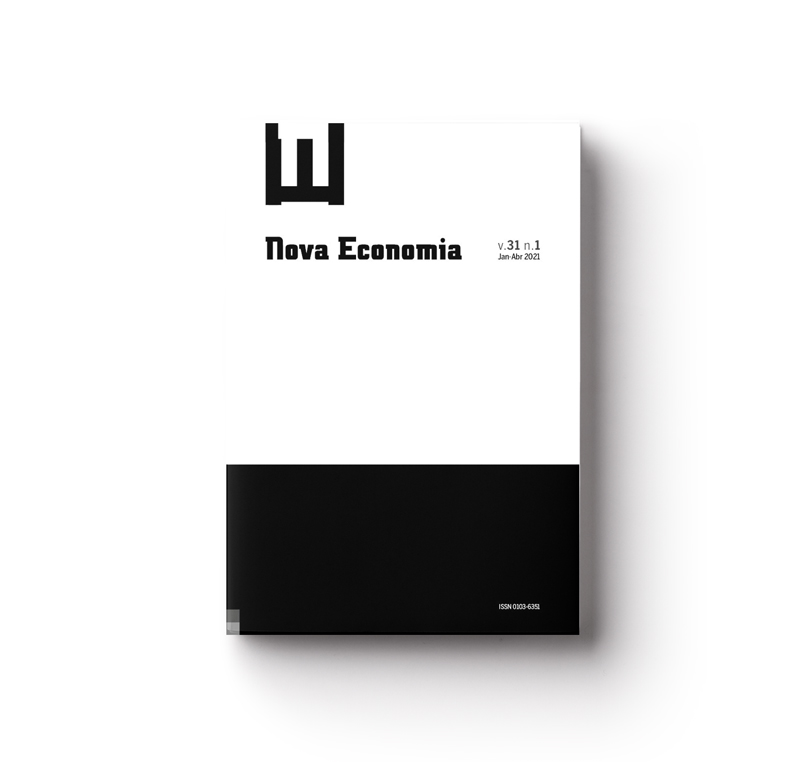Reciprocity and the plural institution of markets: an approach to understand the historical role of the Social and Solidarity Economy
Abstract
Abstract
The article aims at demonstrating that one of the main historical roles of the Social and Solidarity Economy is the preservation of life systems and socioeconomic organizations distinct from the market economy. The empirical elements in favor of this thesis come from studies in various regions and continents, while their theoretical foundations are based on the seminal contributions of Karl Polanyi and Marcel Mauss, which allow us to understand how a plurality of principles determines the performance of companies and structures economic systems. It is argued that the Social and Solidarity Economy is opposed to the primacy of the principle of exchange, pillar of market societies, by activating the principle of reciprocity, upon which other processes of production and circulation of goods develop. Doing so, it gives rise to a multiplicity of markets, undoing the appearances of a single market and the belief in its inevitability.
Keywords: economy, solidarity, reciprocity, market, Karl Polanyi, Marcel Mauss
Jel Codes: B55, P13, P51, Z13
Downloads
Published
How to Cite
Issue
Section
License
Copyright (c) 2021 Luiz Inácio Gaiger

This work is licensed under a Creative Commons Attribution 4.0 International License.
Authors who publish with this journal agree to the following terms:
- Authors retain copyright and grant the journal right of first publication with the work simultaneously licensed under a Creative Commons Attribution 4.0 International License that allows others to share the work with an acknowledgement of the work's authorship and initial publication in this journal.
- Authors are able to enter into separate, additional contractual arrangements for the non-exclusive distribution of the journal's published version of the work (e.g., post it to an institutional repository or publish it in a book), with an acknowledgement of its initial publication in this journal.
- Authors are permitted and encouraged to post their work online (e.g., in institutional repositories or on their website) prior to and during the submission process, as it can lead to productive exchanges, as well as earlier and greater citation of published work (See The Effect of Open Access).




